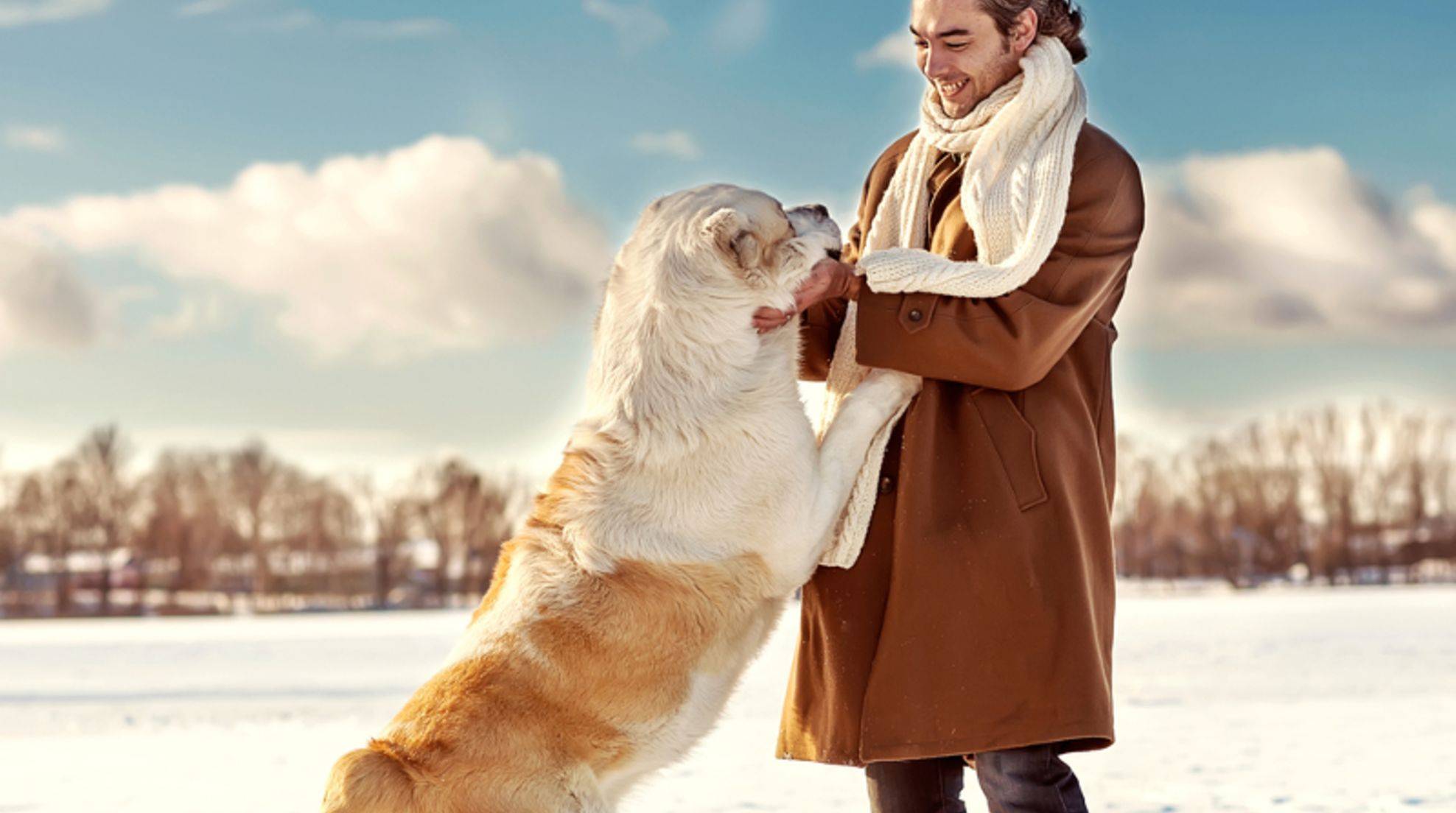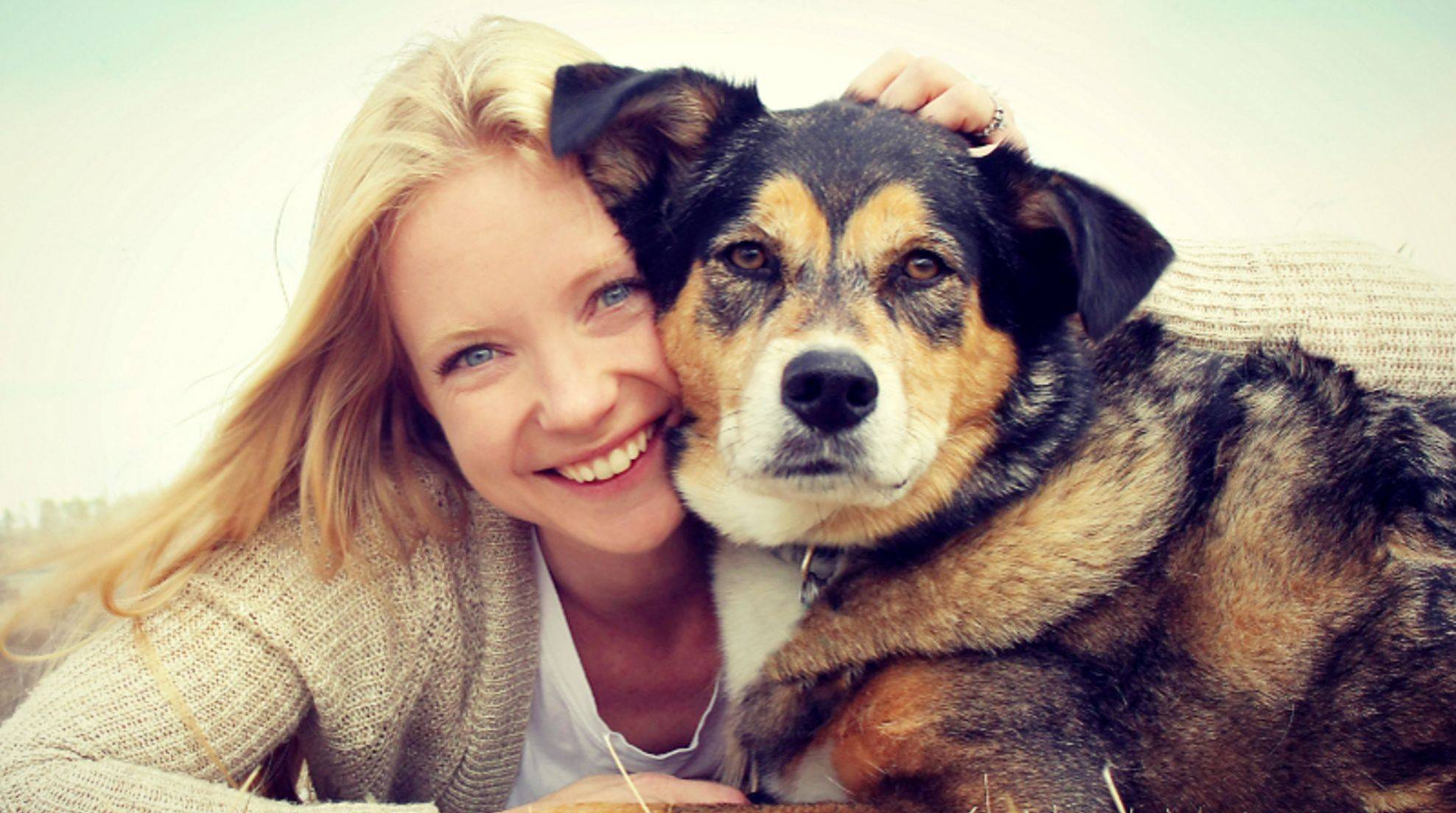Dog puppies: adopt littermates, a good idea?
At first, it seems obvious to adopt two puppies at once. After all, littermates in particular have a close bond with each other from the start, so the dogs don’t feel so alone when their humans go out to work. But is that really such a good idea?
In English, we speak of “Littermate Syndrome” when two puppies from the same litter come into the same human family at the same time. This is a series of behavioral abnormalities that occur more frequently in littermates when they always stay together. As a result, the bond between the dog siblings is so close that they are enough for themselves, but at the same time they cannot or hardly get along without each other.
Dog puppy siblings: Barely bond with humans
Unlike cats, rabbits or guinea pigs, it is important for dogs to form a close bond with their humans. Although dogs, like cats and many small animals, organize themselves into groups or packs, they are more different from their wild ancestor, the wolf, than domestic cats are different from the dun cat or rabbits are different from the wild rabbit. The history of domestication of the wolf goes back further than that of other domestic animals, and the various breeds of dogs have been specifically bred to work with, live with, and listen to humans. For this reason, an earlier age of surrender is recommended for dog puppies than for kittens. Puppies can be separated from their mother and siblings as early as eight weeks of age, so they can finish their socialization period with humans. Kittens should ideally remain with their feline family until twelve weeks of age to develop healthy self-confidence.
If two littermates live together permanently, the puppies and later adult animals are inseparable, so to speak, and often have no desire to form a close human-dog friendship with their owners. As a result, they do not listen to their owner’s commands, do not learn to pay attention, and focus too much on their brother or sister. As a result, they may develop a fear of strange people and dogs, for example, and become frightened of unfamiliar noises, smells, and other unfamiliar stimuli. In addition, separation anxiety may occur, but not related to the human, but to the dog partner. These are then different signs of the “Littermate Syndrome”.
Two littermates mean double work
You can counteract the “Littermate Syndrome” with two puppies by raising the littermates separately. However, this invalidates the supposed advantages of adopting two dog siblings from the same litter at the same time. After all, the idea behind this is that the puppies have a playmate right away that they don’t have to get to know first, with whom they get along right away. However, this is exactly the problem, because why should your dogs listen to you and play with you and learn from you, when it is much easier and more convenient for them to play and communicate with their dog partner.
Therefore, you can’t let your two dog puppies stay too much among themselves and you need to take care of them one by one so that they form a bond with you. You must teach them the basic commands separately, as well as all the rules and prohibitions. In traffic, on the dog run, with visitors and in dangerous situations, it is essential that your dogs listen to you. To achieve this, even with a single dog is not easy and requires consistency, patience and perseverance. If you have two littermates at home, the work doubles.
Conclusion: Better to acquire a second dog later?
This does not mean, however, that it is generally not advisable to keep two dogs. Certain breeds of dogs have been bred to be happier and more comfortable with other dogs of their own species, such as beagles, which were originally designed to hunt in packs. However, it’s easier for you and for your dog if you don’t bring a second dog into your home until your four-legged friend has mastered the most important commands and has formed a trusting bond with you. You can find out what you need to consider when choosing a new four-legged friend in the guidebook “Zweithund gesucht: Which one is the best fit?”








